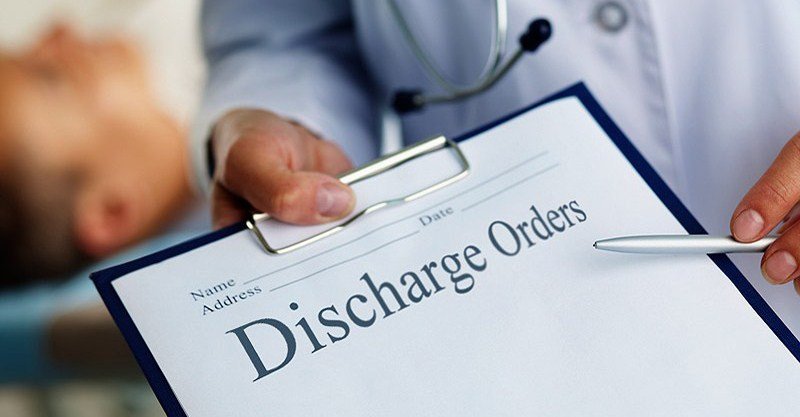
When Early Hospital Discharge Is Medical Negligence
When people feel ill and out of sorts, they generally turn to hospitals and their medical staff for assistance. Going to the hospital can be the fastest and most effective way to get relief, timely treatment, and all other forms of necessary support. Sadly, however, some patients are discharged long before their problems are resolved. In fact, they may even be sent home before their problems have been properly diagnosed.
Early hospital discharge can result in lack of treatment, delayed treatment, and a range of additional problems. Failing to identify and treat certain ailments right away can cause them to progress, intensify, and create secondary health issues. When this is the case, the treating physician may be guilty of medical negligence.
Failure To Adhere to the Medically Accepted Standard of Care
Doctors have an acknowledged responsibility to adhere to the medically accepted standard of care. This is the type and level of care that any licensed and skilled health professional is expected to provide. Thus, when patients show up for treatment, they can expect their doctors to perform the appropriate range of diagnostic tests for identifying their health issues, and to leverage the most appropriate strategies for mitigating, resolving, or alleviating them.

When patients are assumed by their physicians to be in stable condition and are not, being sent home can negatively impact both their immediate well-being and their long-term prognosis. In some instances, treating problems early-on can prevent permanent loss of hearing, vision, and other functions. In others, timely treatment can limit the overall severity of an illness, stave off the development of secondary health issues, and prevent death.
Emergency Readmission Is Often a Sign of Medical Negligence
When people are sent home too early, they frequently return to the hospital with intensified symptoms and pain, and often on the very same day of their discharge or on the next day. These repeat visits are a sign that the original treating physician was negligent in ensuring that the proper diagnostic testing and treatments were performed.
Sadly, the longer that a person waits to make a second visit; the more widespread and progressed certain health issues can become. Moreover, given that patients tend to trust the advice and opinions of their doctors, some are less likely to return for emergency readmission right away, even though their symptoms and discomfort have been greatly heightened.
It’s important to note that medical negligence does not need to be exhibited during the readmission visit in order for this to be considered malpractice. The problem for which the patient was already seen has likely already been impacted by delayed treatment. Thus, no matter how superior the care received following an emergency readmission, it is still possible to file a medical malpractice lawsuit.
The Possible Effects of Being Sent Home Too Early
Being discharged before having a health issue diagnosed and treated can be dangerous in a vast range of ways. If a person’s condition proves contagious, negligence on the part of the treating physician could cause others to become infected. When an infection is localized, there is the risk of having it become systemic. Once this happens, multiple organs and organ systems will be affected.

Medical malpractice due to early early discharge can also lead to:
- Organ failure
- Heart attack
- Stroke
- Unnecessarily increased pain and suffering
Going home too soon invariably leaves people in the same level of discomfort that they were in before choosing to visit the hospital. Absent of relief, they can also experience a significant amount of mental and emotional distress.
When doctors fail to adhere to the accepted standard of care, their patients suffer the most. Delayed treatment and failure to diagnose can result in problems far more severe and widespread than they were during the time of an initial visit.
Holding doctors accountable for early discharge is both important for obtaining the necessary compensation for covering medical costs and other damages, and for ensuring that similar events are diligently prevented in the future.




